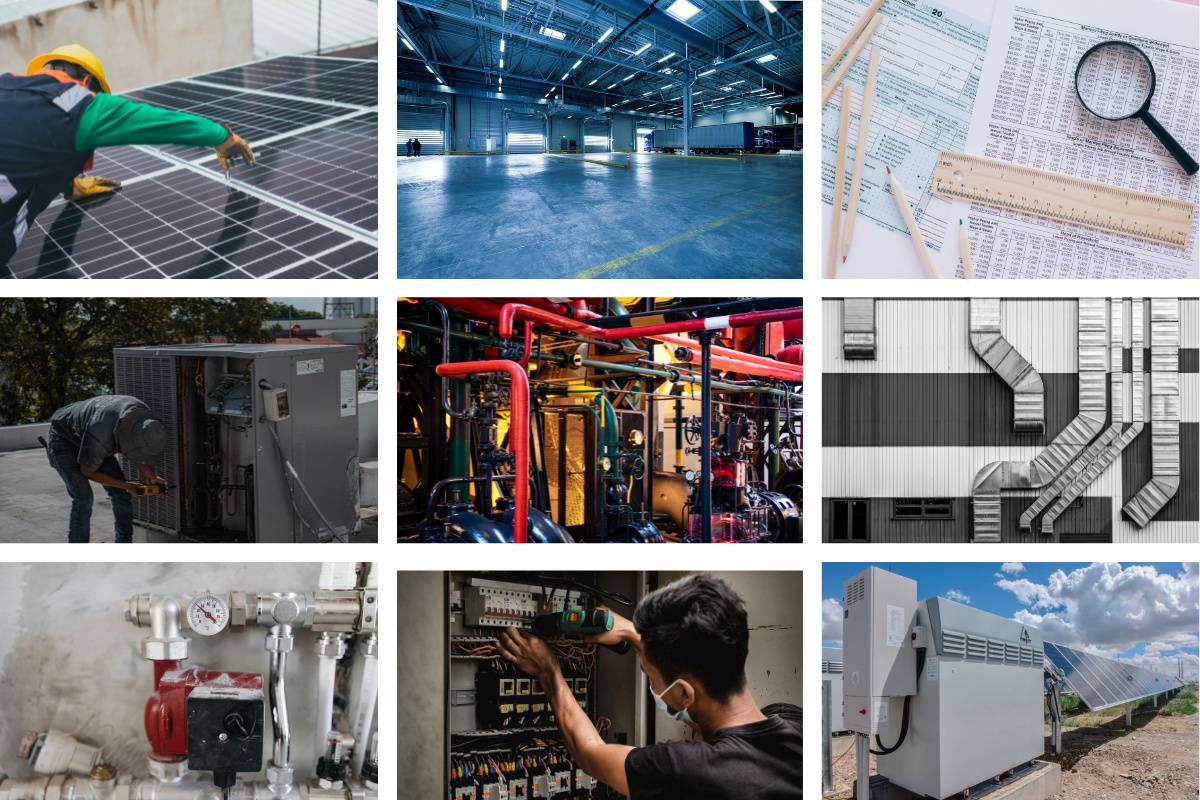
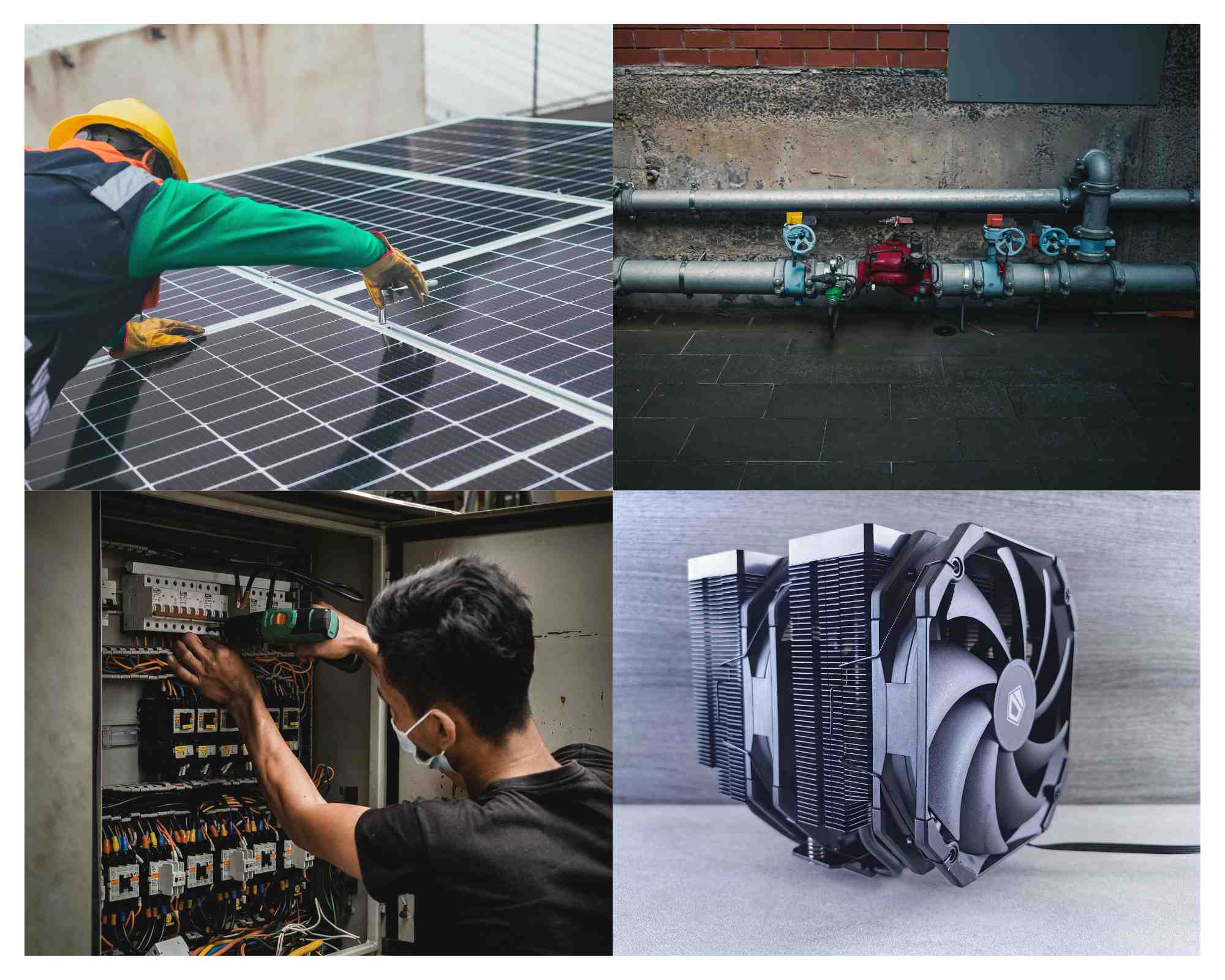
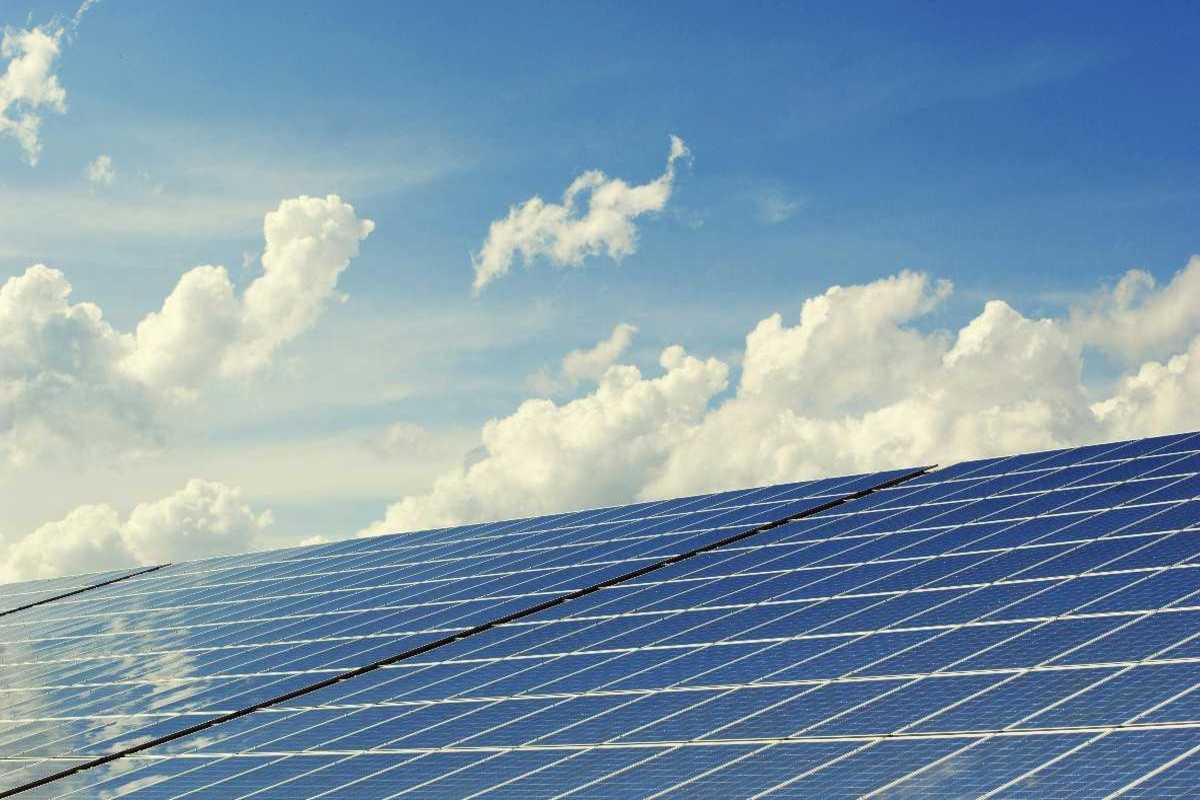
1.Clean energy means lower carbon footprint, contributing to a greener environment.
2. Can also power backup systems during outages.
3. Lower EB bills across all sectors.
4. More energy independence and reliability.
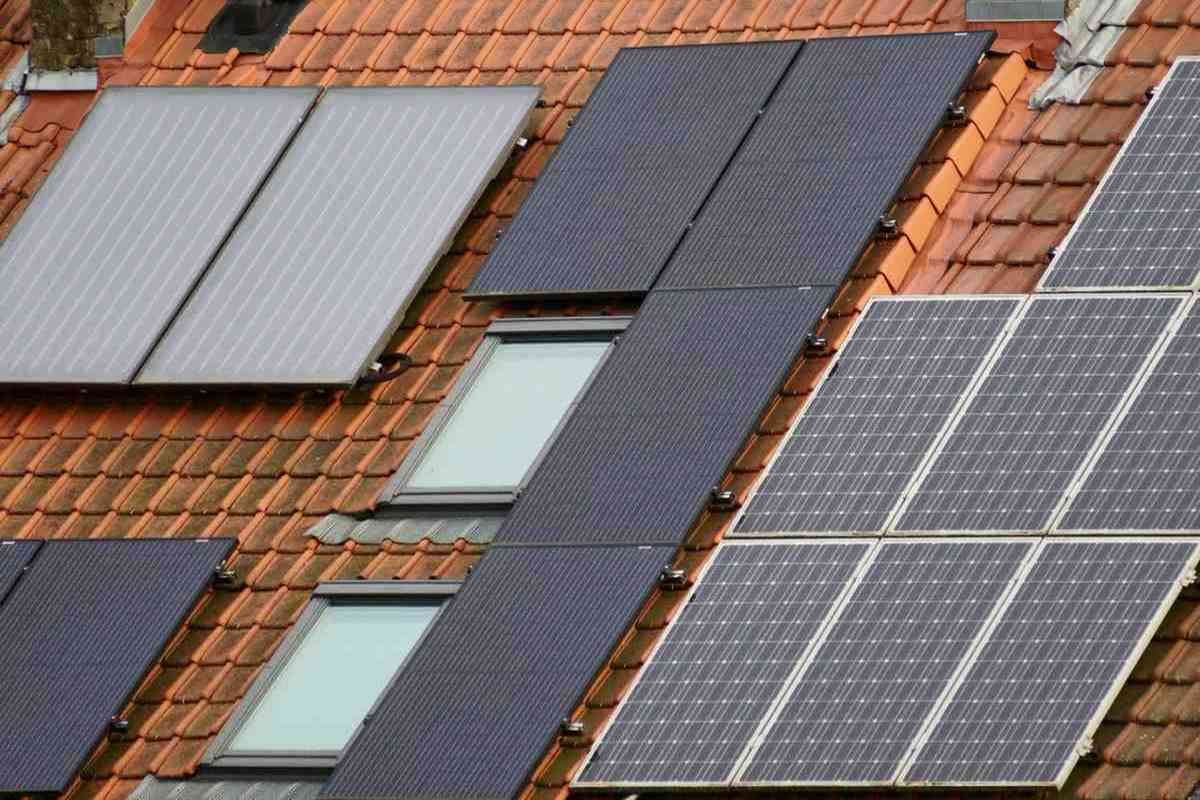
1. Solar rooftop systems allow homeowners to generate their own electricity.
2. Reduces monthly EB bills significantly — often by 50% or more.
3. Excess power can be sent back to the grid (net metering).
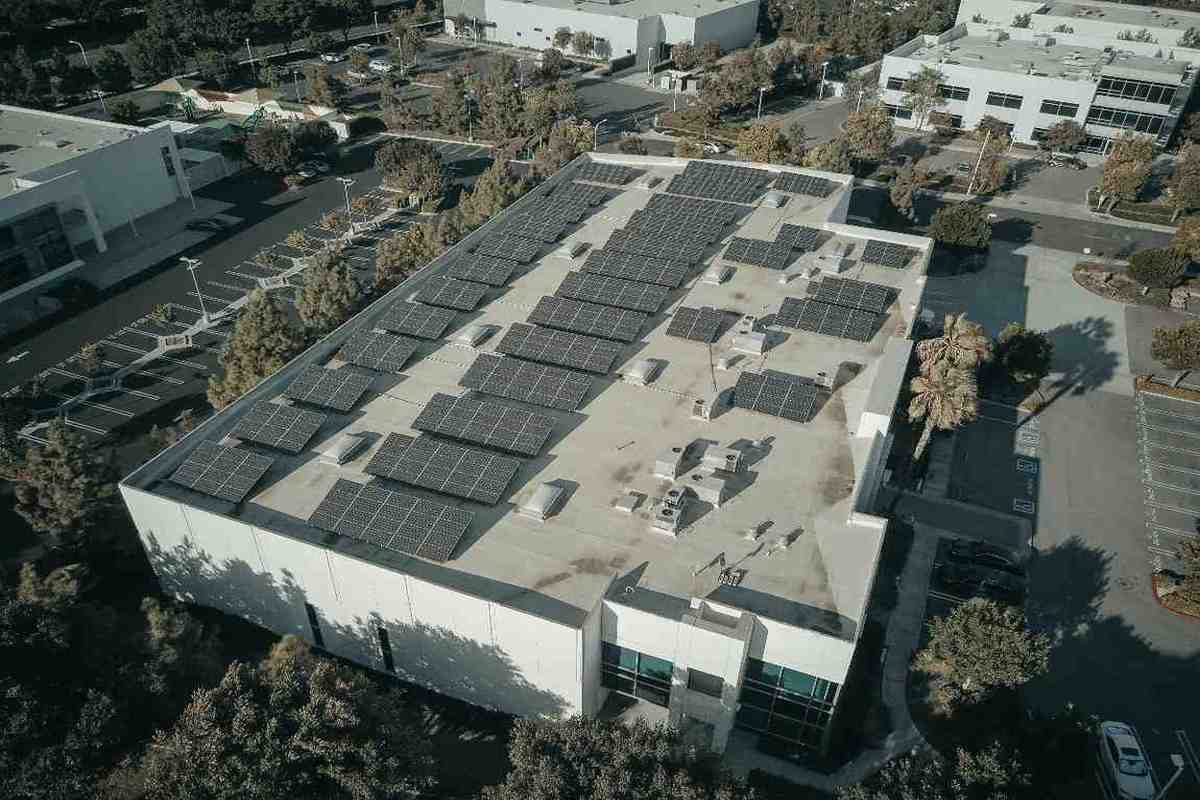
1. Offices, shops, and institutions use solar or hybrid systems to offset peak-time EB usage.
2. Reduces operational costs and provides long-term savings.
3. Supports green building certifications and sustainability.
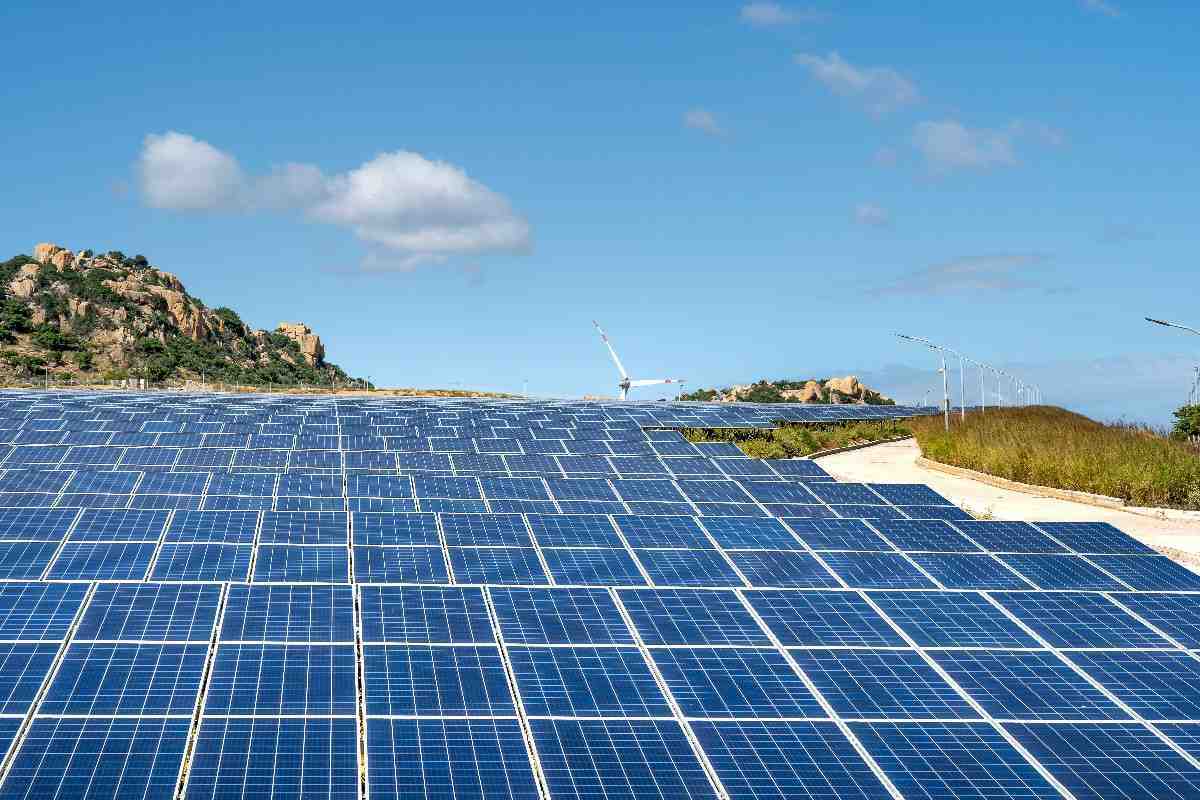
1. Industries use large-scale solar, wind, or BESS to power heavy operations.
2. Reduces dependence on high-cost grid power and diesel generators.
3. BESS helps balance load, manage peak demand and store excess power.

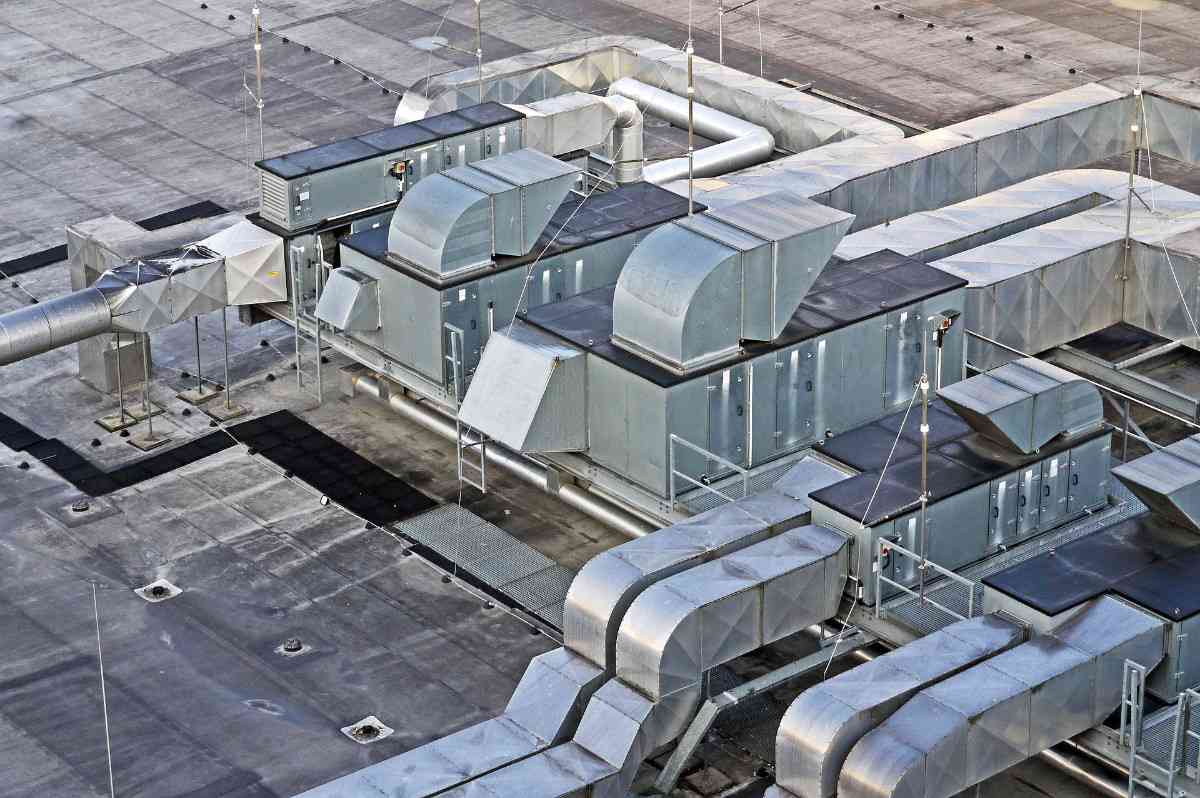
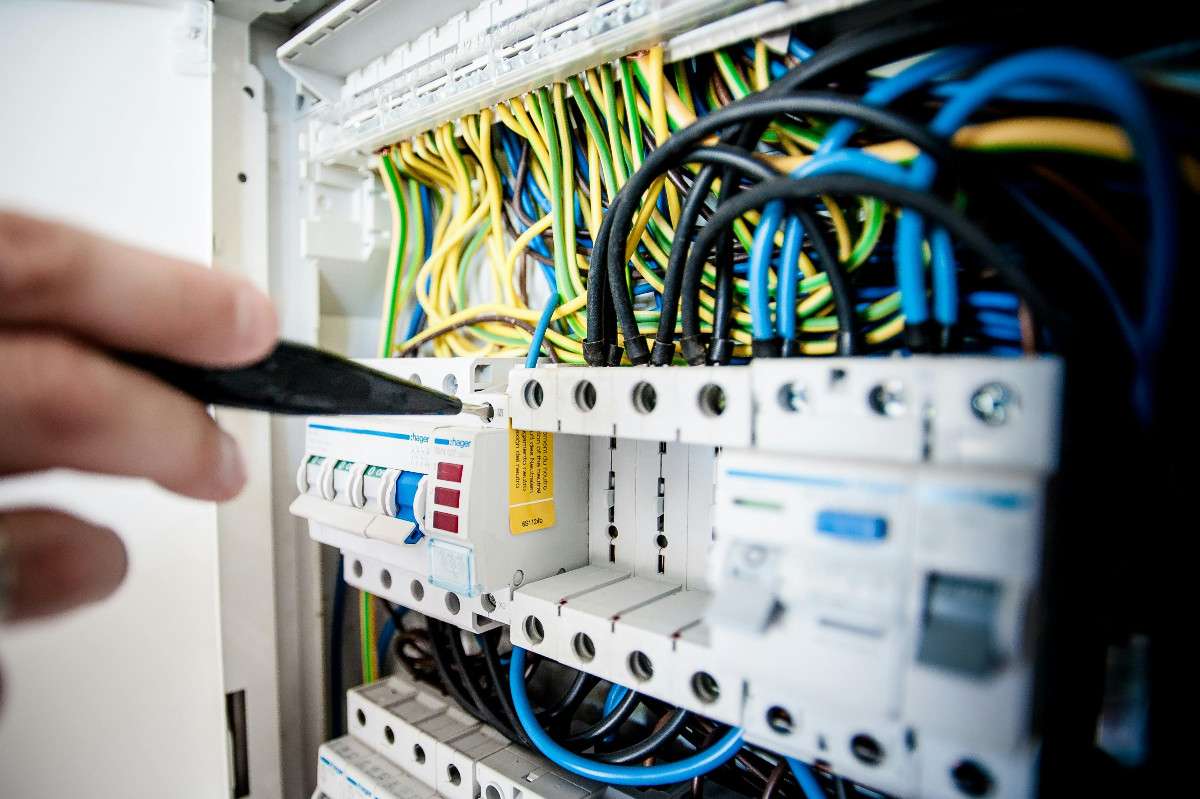
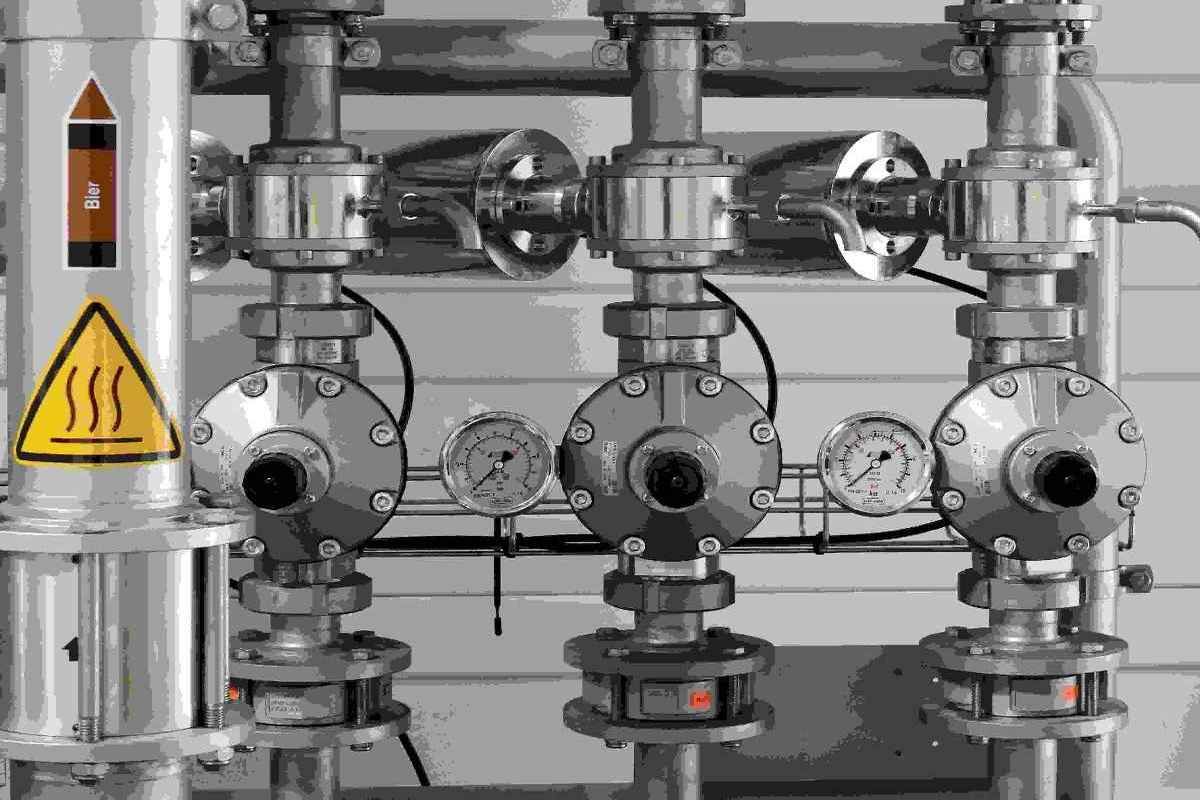
MEP Infrastructure is the foundation of modern industrial operations. It ensures that plants, factories, warehouses, and data centers run safely, efficiently, and without downtime.
1. Provide ventilation, cooling, and temperature control for heavy machinery and sensitive equipment.
2. Support compressed air systems, chillers, and process cooling vital in sectors like food, pharma, and manufacturing.
3. Fire suppression systems protect assets and workers in high-risk environments.
1. Deliver consistent and reliable power for production lines, lighting, automation, and IT systems.
2. Include backup systems like generators and UPS to avoid production losses during power failures.
3. Help implement energy-efficient systems that reduce operational costs and support sustainability goals.
1. Ensure uninterrupted water supply for production processes, cooling, and sanitation.
2. Handle industrial waste and drainage in compliance with environmental standards.
3. Support gas and chemical pipelines, critical for sectors like pharmaceuticals and chemicals.
Meets regulatory standards and ensures employee safety
Keeps machines and systems running smoothly
Enables energy-efficient, low-maintenance infrastructure
Easily supports future expansion or automation